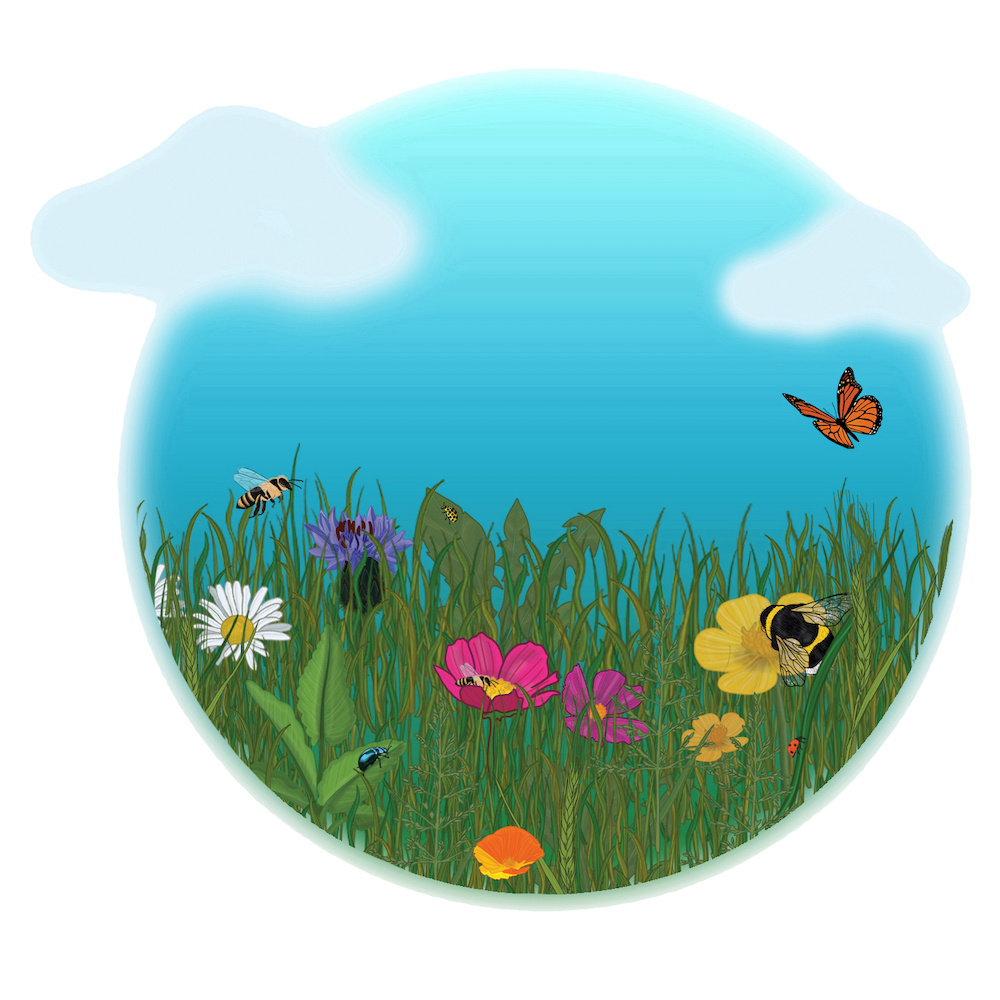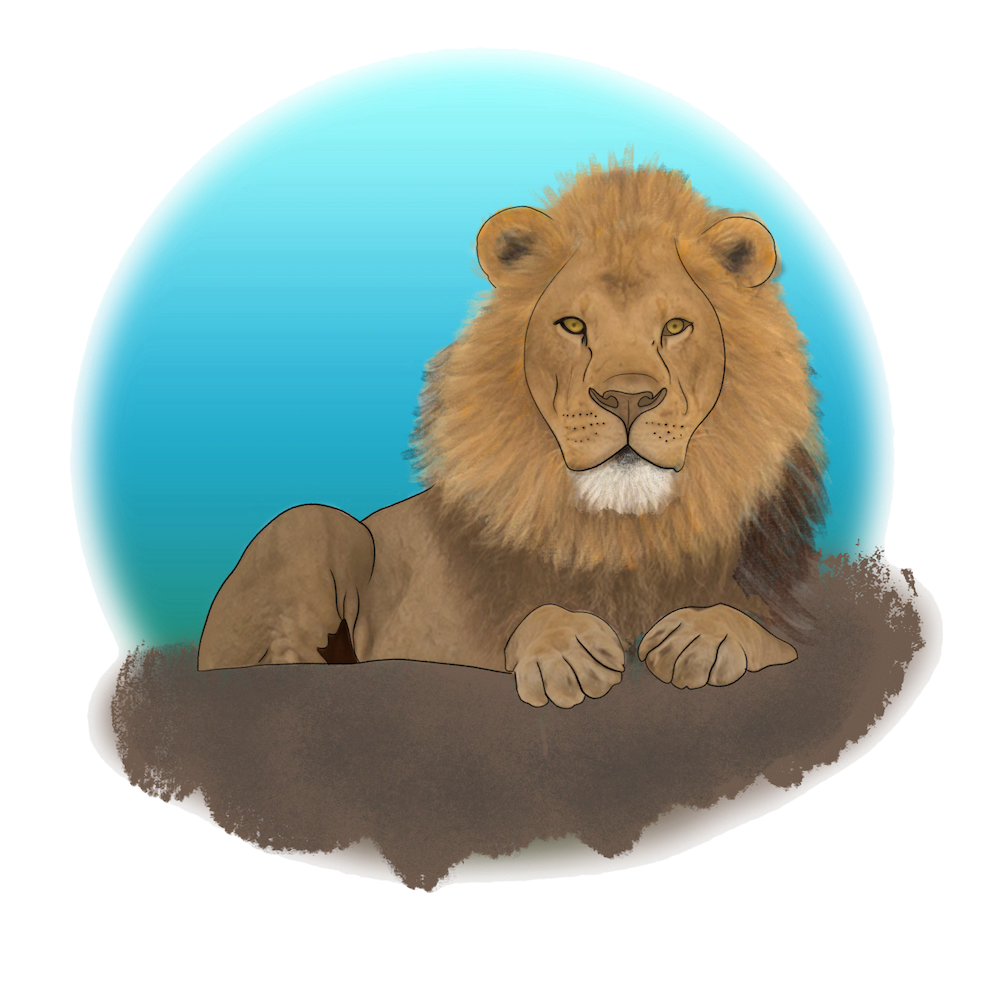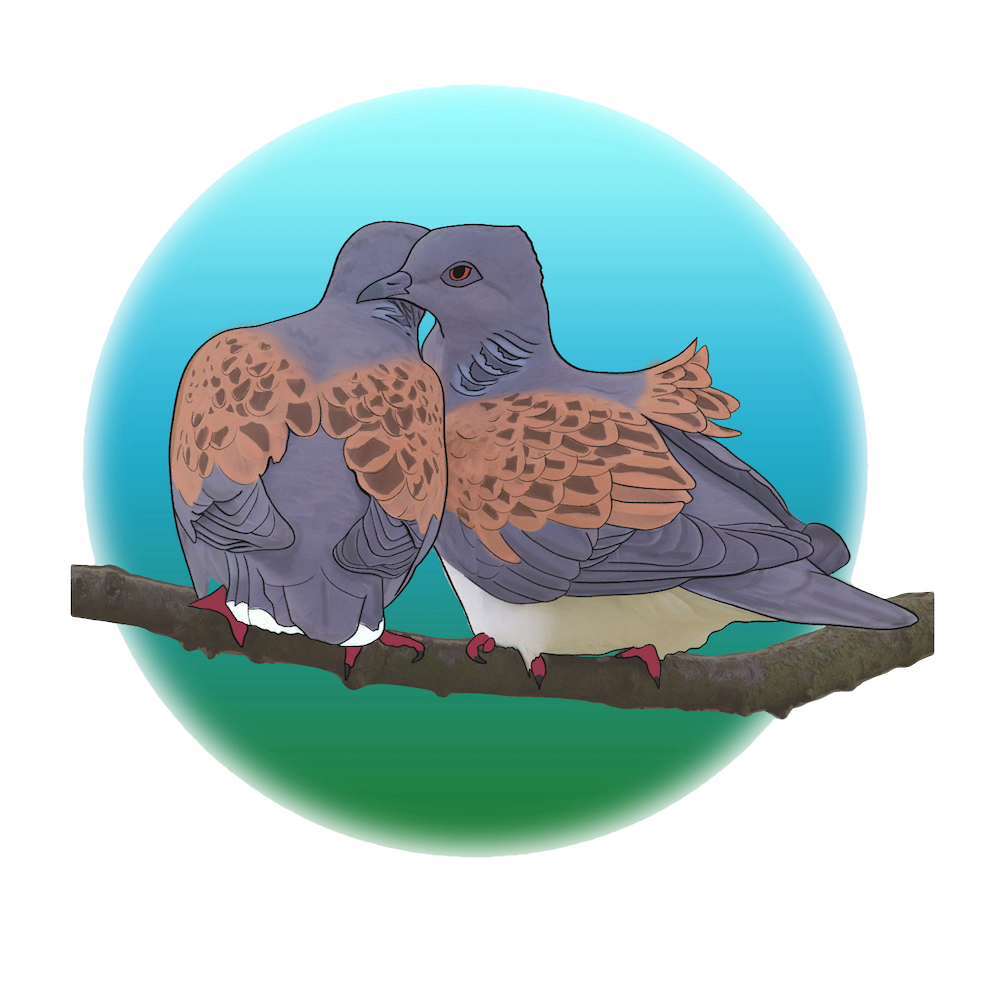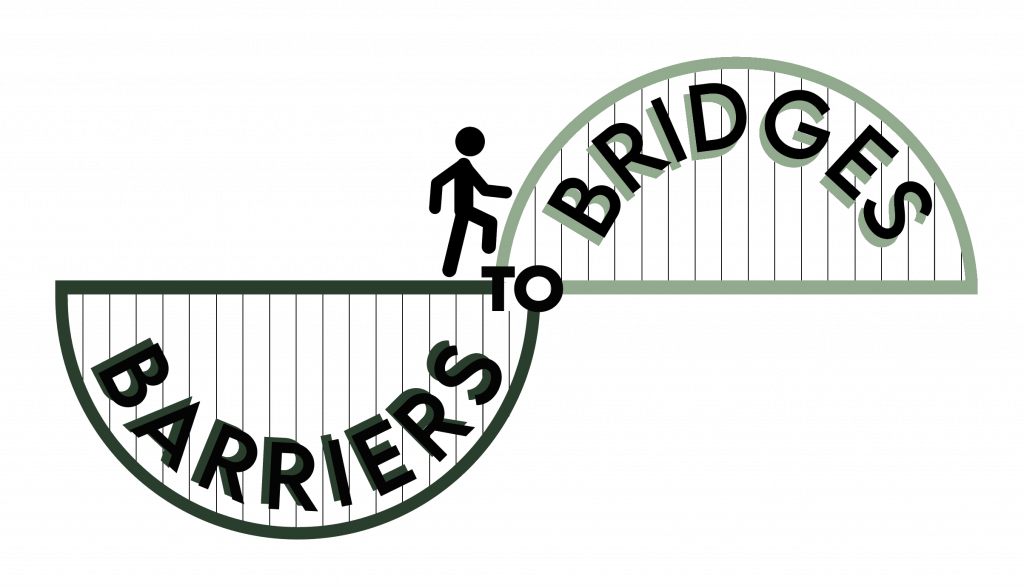by Celeste Pearce and Dawn Sanders
It’s not only humans that face barriers in this world, it’s also becoming an increasingly difficult place for the animal Kingdom to thrive. Largely in part due to human nature, our ever-expanding settlements, the poisons we put into the earth, whether that’s through pollution, pesticides, or our lifestyles, the effects it’s having on the birds and beasts of the world are momentous. I wonder if we could all do a little more to remove those barriers and learn to live a little more harmoniously alongside our fellow earth dwellers.
Bees do a wonderful job of pollinating a wide range of plants and bushes, helping them to grow, breed and produce food. Many animals depend on the work of the bees to help keep the stores of berries, food, seeds and fruit plentiful, enabling them to survive. If the bees continue to decrease in numbers, the rippling effect this will have on the ecosystem would be catastrophic. The decline in bees is due to several factors, some of which are: global warming, air pollution, habitat destruction, pesticides and drought.
Please bee good to me, I put food in your shops and on your table. A little respect goes a long way, humans. Keep it sweet for us and life will stay sweet for you.


Lions are listed vulnerable to extinction due to loss of habitat, human encroachment and loss of prey species. The population of African Lions has halved over the last 25 years, largely in part to human settlements increasing in size. Conservationists are working on creating a more harmonious relationship between the lions and humans so they can live beside each other more amicably.
We are not ‘for show’, to be killed only to be placed on display. We are the kings and queens of the jungle and all of its life. We don’t want to live in enclosures in your zoos – please respect us and we’ll love you.
Turtle Doves are the only European long distance migratory bird and are becoming more and more vulnerable and closer to extinction. There are four factors in particular that are responsible for the decline in numbers, which include loss of habitat, disease and untenable levels of hunting. Between 1967-2016 their numbers decreased by 98%, from 125,000 pairs previous, to now, where there may be fewer than 5,000 pairs.
To harm a hummingbird? How absurd. To cage an owl can never be wise. If you humans started walking and stopped driving – think of how we all could be thriving. Just give a little more love, never shoot a turtle dove. If you take away the barriers that shackle us all, the radiations and cancel all wars, just think of how mother earth and all her inhabitants could live, from shore to shore.


What a moving article! Given that everything is connected in our universe, we need to look after our plants and animals, as they look after us. I have loved doing ‘No Mow May’, leaving our lawn to grow freely. It has produced an abundance of hidden gems, such as moon daisies and herb robert, and the insects love it too. Dragonflies appear to feast on them and a green woodpecker pops by most mornings to feast on the anthills. Needless to say, this nutures my soul and I have extended it into ‘No mow June’!